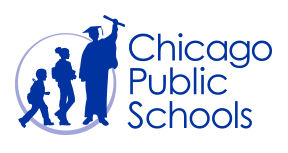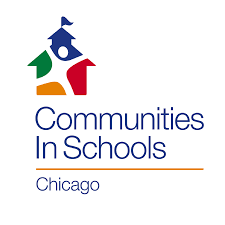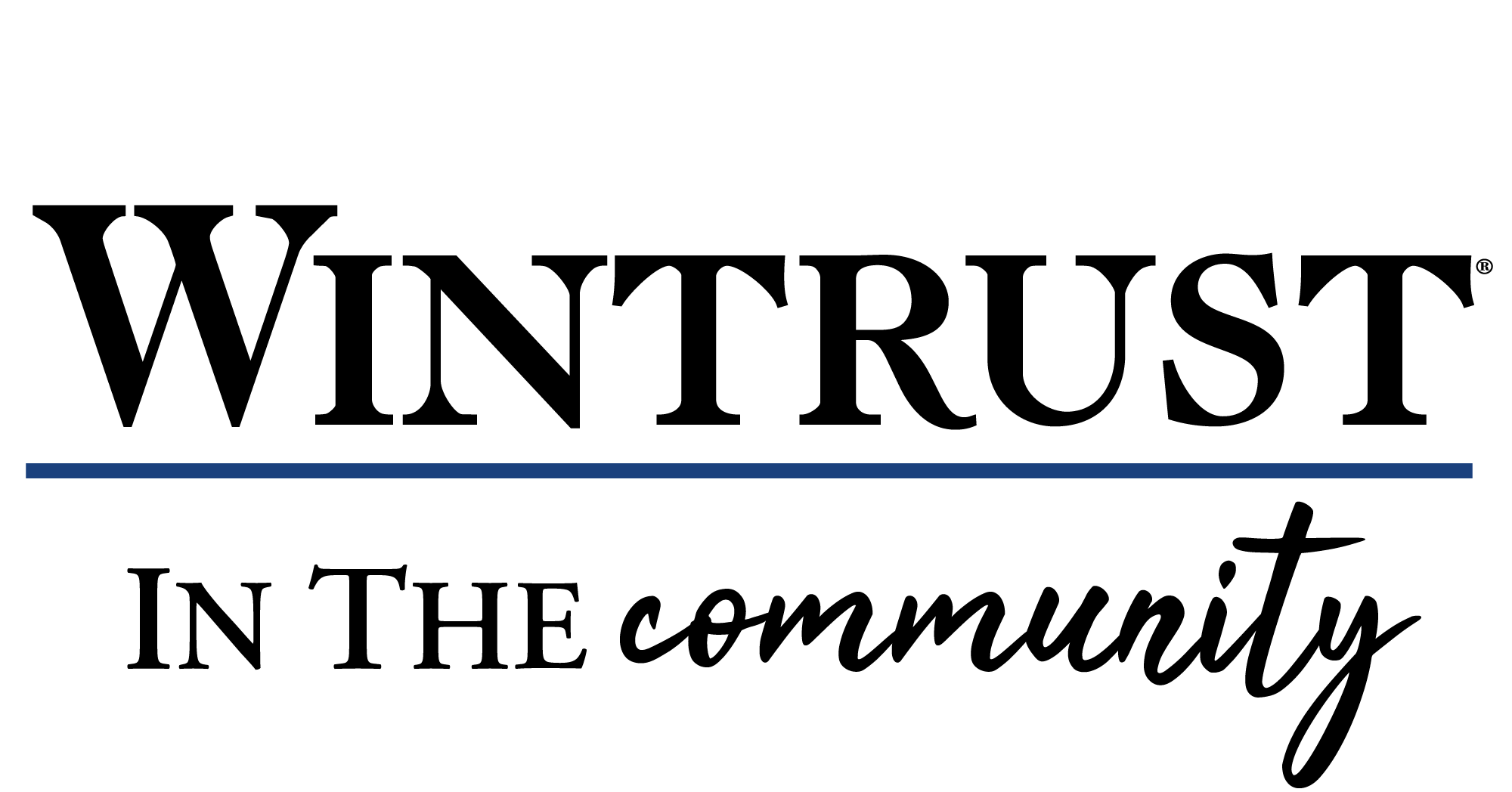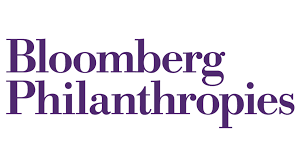Storytelling that heals, connects, and builds the future.
At Once Upon Our Time Capsule, we turn storytelling into a community-building tool. Rooted in creative expression and the timeless concept of the time capsule, we help people — especially youth — explore their past, connect in the present, and shape the future. We begin with a simple question:
What would you put in a time capsule?
How THE TIME CAPSULE works
-

Each year, we launch a new Youth Time Capsule with a unique theme and a vibrant arts-infused curriculum.
-

In schools, after-school programs, summer camps, and homeless shelters, youth use writing, art, and video to create and share artifacts for the digital time capsule capturing who they are today and what they hope for the future.
-

When the Time Capsule is reopened, participants are reconnected with the stories they preserved and can reflect on how far they’ve come.
Helping Kids Feel Seen, Heard, and ConnecteD
Today’s young people are facing record levels of loneliness and disconnection. Around the world, rates of adolescent loneliness have nearly doubled — and many students are struggling to feel connected, confident, and supported at school.
Once Upon Our Time Capsule uses storytelling and creative expression to help kids build confidence, strengthen relationships, and dream boldly about their future. Through art, theater, writing, and reflection, we create joyful spaces where young people feel valued, understood, and inspired.
Our Impact on Young People:
82% said the Time Capsule program helped them learn more about who they are — building stronger self-esteem.
83% said they enjoyed school more on days they participated — making school a place they want to be.
81% said their peers and teachers understand them better after the program, building connection and community
93% of youth said they want to participate again, evidence of the joy and high level of engagement we see in each program
OUR Partners
Our flexible, project-based curriculum adapts across schools, out-of-school time programs, and community settings. We primarily serve youth in grades 3–8, a stage when questions of identity, belonging, and self-expression are especially present. Partners include public schools and charter networks, refugee and newcomer support centers, shelters and transitional housing, gun violence prevention programs, programs for youth with disabilities, and government agencies.... Reach out to us at hello@ourtimecapsule.org with ways you want to partner.
thanks to our supporters




















